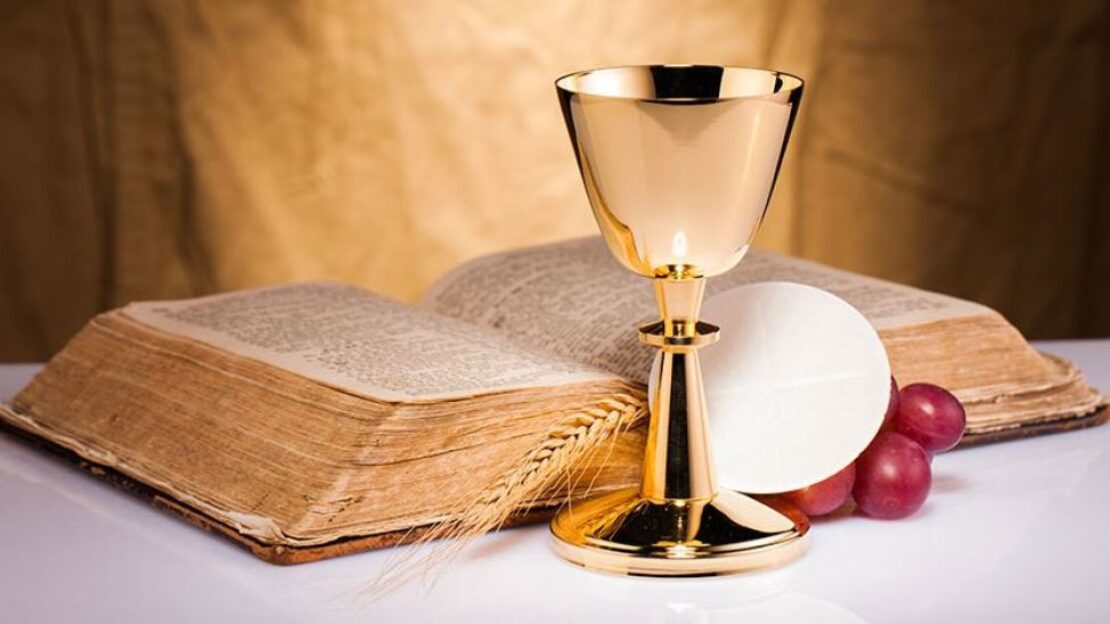Over many centuries we have become accustomed to receive communion only in the form of bread. It is only since the reforms of the Second Vatican Council that we have begun to receive communion in the form of wine as well. This is something that has taken time to become part of our normal celebrations of the Eucharist.
Last week’s small article on the nature of bread and its use in the Mass led us in one direction. The human element of wine is quite different. Wine is not a staple food as is bread; it is a special food, a festive food. As the Scriptures say it gives joy to the hearts of human beings. Wine is intoxicating; it affects our mood – too much so at times! But the Scriptures do not resile from this mood-changing influence of wine; they use it symbolically. Wine was used in the celebration of Sabbath meals and of course at the Passover meal. And it was used to celebrate the presence and work of God among human beings. It suggested that it should be rejoiced in.
The drinking of wine was also used to suggest the joy that there will be in the future Kingdom of God. It is used to lift our eyes to the future when we will sit at the table of the Father.
The fact that wine flows into us and courses around within us, so to speak, meant that it was used in the Jewish meals as a sign of the people taking God’s covenant into themselves; it’s being interiorised in them. And so it is with us.
Do you notice how different the words said over the wine in the accounts of the Last Supper to those over the bread? Those over the bread are quite straightforward: “This is my Body given for you”; but the words over the cup are much more complex: “This is the cup of my blood, the blood of the new and everlasting covenant which will be shed for you and for all so that sins may be forgiven”. Notice the prominence of the word ‘covenant’ in those words. It follows through on the idea of covenant which was part of the understanding of the drinking of the cup in the Passover meal.
Neglect of communion from the cup has made us a little unbalanced in our understanding of the Eucharist! More of this next week.
By Fr Frank O’Loughlin




Comments
Tony Santospirito
I like that last sentence. We stopped receiving the Blood of the Covenant at the first Covid lockdown. Surely we could still receive it by using the tincture method: by dipping the host in the wine, if we need to feel safe? To my mind, and as Frank has pointed out, sharing the Blood of the Covenant is just as essential as receiving Jesus' body. The words of Jesus are a command to us: "Take this, all of you, and drink from it".
Add Comment